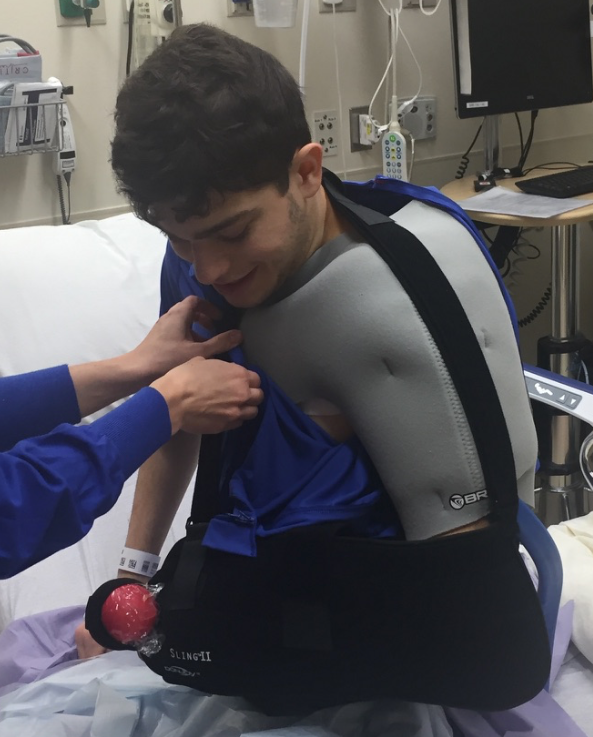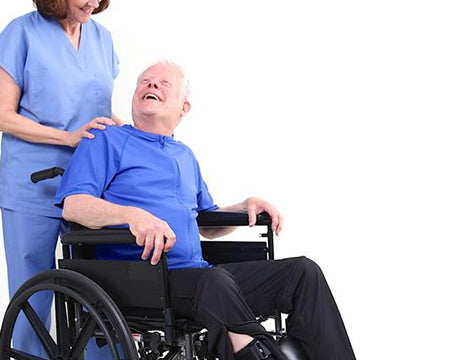Reboundwear® customers are proactive about their healthcare. Patients who are diligent about doing their research ahead of time fare better physically, emotionally and financially. Nowadays, figuring out what to do about a painful situation is no longer as straightforward as making an appointment to see a doctor and, if the diagnosis requires surgery, scheduling a date for the procedure. Many people assume that the doctor will be handling every aspect of their medical condition from pre-op to PT, when in fact, their sole focus is, as it should be, on the technical aspect of your surgery. Taking the extra time to cover your bases will make all the difference for a more assured medical experience.
Here are 6 easy steps to help you prepare for surgery and recovery:
- Get three consultations because it may turn out you don't need surgery after all.
- Read An American Sickness by Dr. Elisabeth Rosenthal so that from day one you will be able to ask the right questions about the cost of your medical care, rehabilitation and how it will be financed.
- Make a list of questions before you leave the hospital because in many cases, it is very difficult to get in touch with the doctor when trouble arises.
- With advances in technology many surgeries nowadays are seamless. Recovery, however, can be long and painful and dressing can be the most painful part of your recovery. Getting the right clothes to wear after surgery makes recovery so much easier and less stressful for patients and caregivers. Reboundwear® is your dressing solution. Nurse dressing patient in the Reboundwear® Jim tee after rotator cuff surgery.



- Not everyone has someone to help them with shopping and organizing their room for recovery. Keep essentials by your bedside or in an easy-to-reach spot—snacks, water/liquids, your medication, eyeglasses (if you need them), and your cellphone. It is important to eat regularly so that your stomach with tolerate your medication.
- Decide if you need a cane or walker to help you get around after surgery.





Leave a comment
All comments are moderated before being published.
This site is protected by hCaptcha and the hCaptcha Privacy Policy and Terms of Service apply.